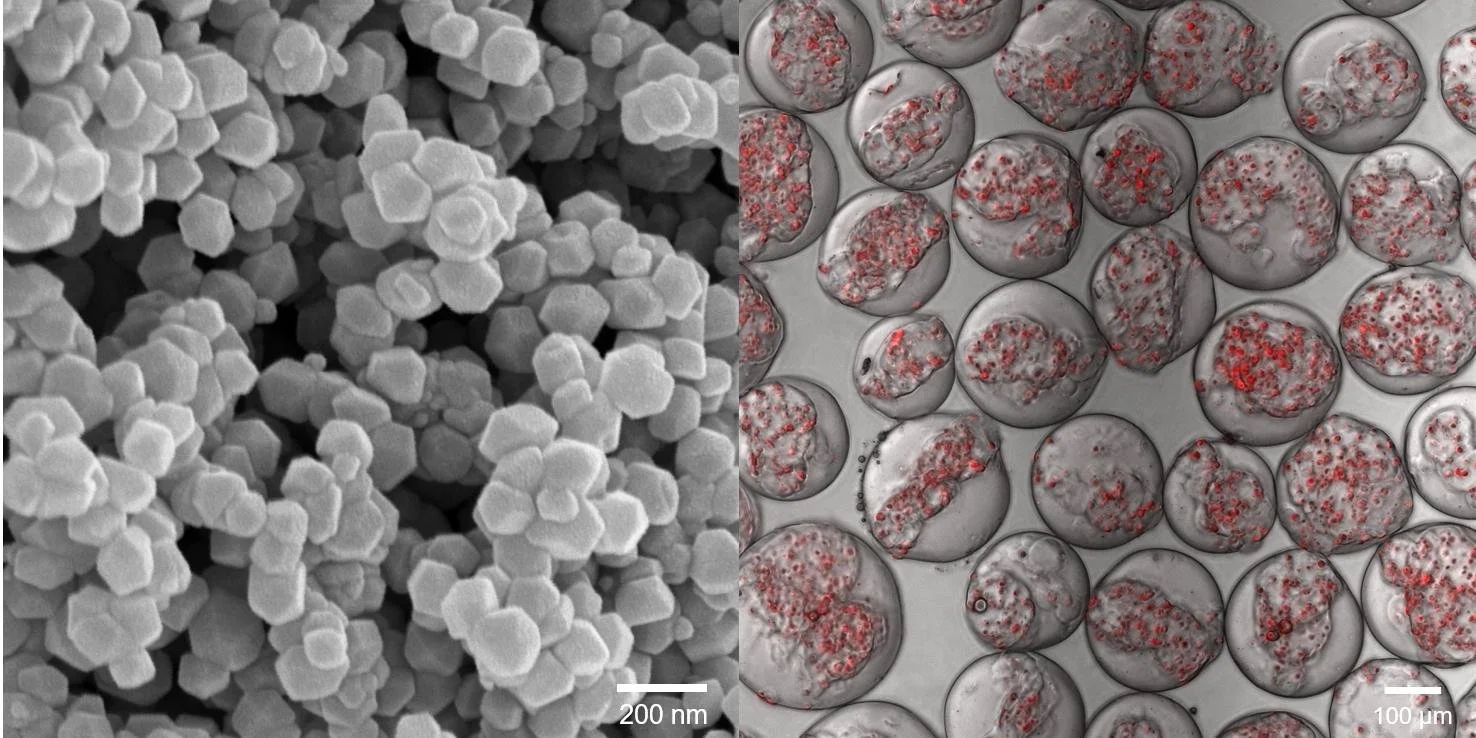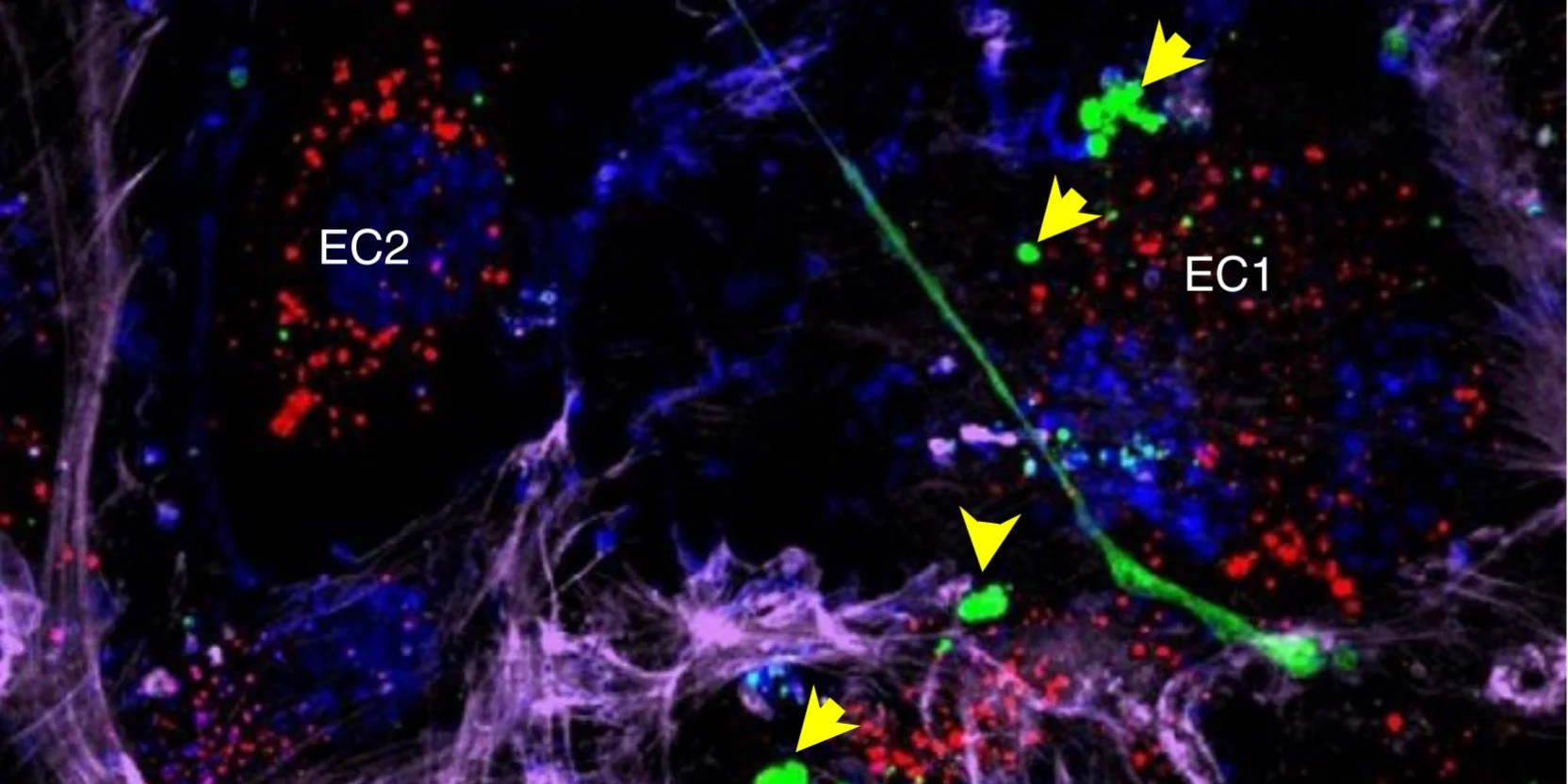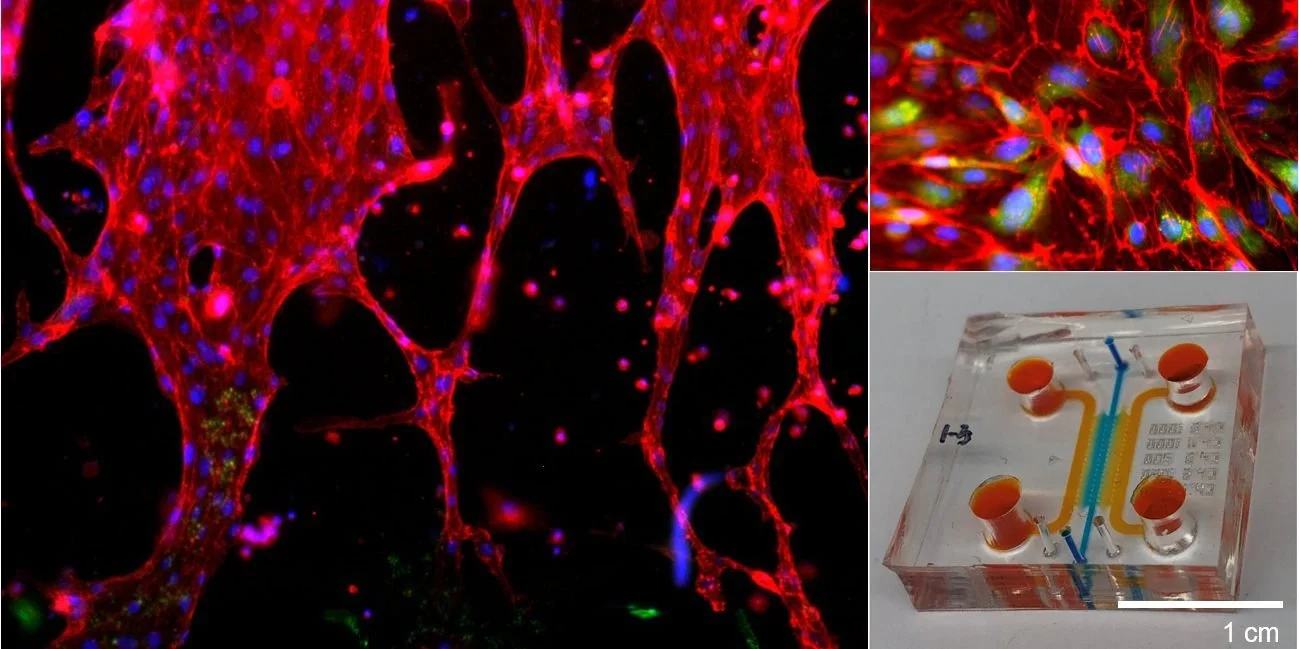We develop novel biotechnologies for clinical translation based on the understanding of underlying biological mechanisms and disease pathology.
About Us
Welcome to the Center for Engineered Therapeutics – Clinical Translation of Discoveries from Engineering in Medicine. Our mission is to develop novel biotechnologies to overcome currently incurable diseases and injuries, with the end goal of achieving life extension and overcoming aging. We study biology to define important medical questions and use principles of engineering in medicine to realize rigorous therapeutics and enhance the efficacy and safety of engineered therapeutics in the clinic.
Our center is located within the rich ecosystem of the Department of Medicine, Brigham and Women's Hospital, Harvard Medical School, and the Harvard-MIT Division of HST. We have an interdisciplinary research environment where engineers, biologists, chemists, physicists, pharmacists, material scientists, and clinicians work together to solve biological challenges in holistic and creative approaches. We love exciting and hard problems that will have an impact ’ lives.
Featured Publications
-
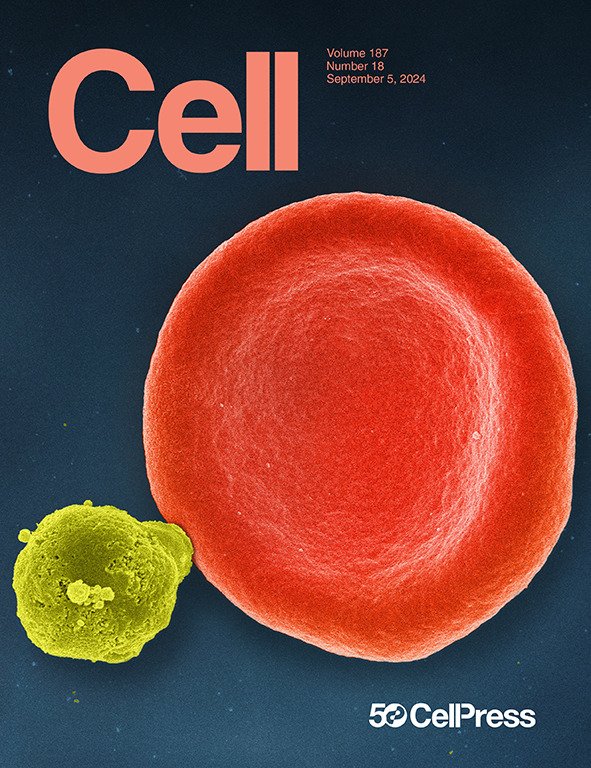
Intercellular nanotube-mediated mitochondrial transfer enhances T cell metabolic fitness and antitumor efficacy
-
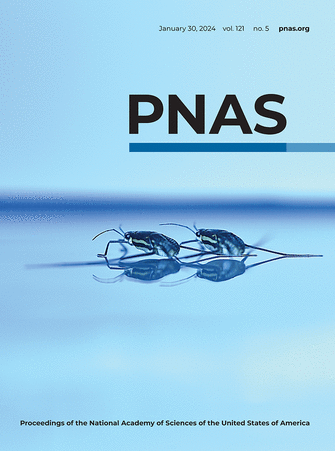
An architecturally rational hemostat for rapid stopping of massive bleeding on anticoagulation therapy
-

An inexpensive “do-it-yourself” device for rapid generation of uniform tumor spheroids
-
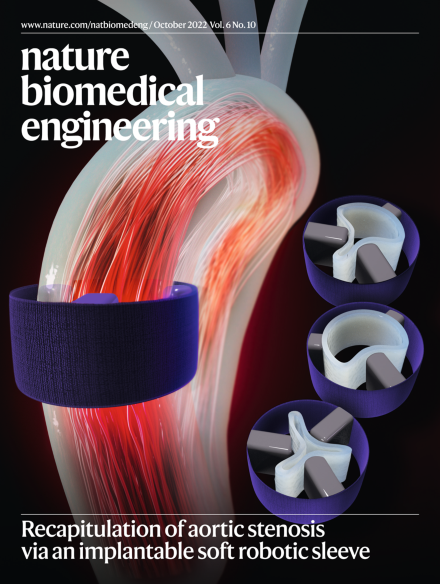
A potent antibiotic-loaded bone-cement implant against staphylococcal bone infections
-

Intercellular nanotubes mediate mitochondrial trafficking between cancer and immune cells
-
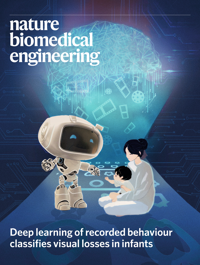
Computationally designed antibody-drug conjugates self-assembled via affinity ligands
-

Transcellular transfer of nanomedicine
-

A designer self-assembled supramolecule amplifies macrophage immune responses against aggressive cancer
-
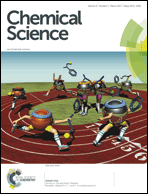
Development of a facile antibody-drug conjugate platform for increased stability and homogeneity
-
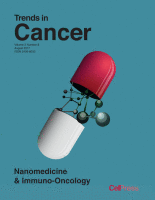
Cancer nanomedicine: lessons for immuno-oncology
-

Rationally designed 2-in-1 nanoparticles can overcome adaptive resistance in cancer
-
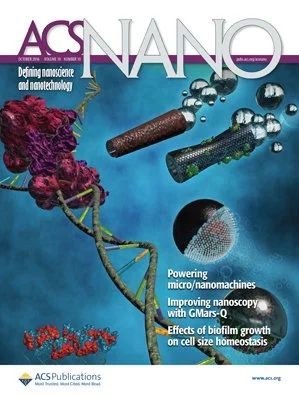
Combining Immune Checkpoint Inhibitors and Kinase-Inhibiting Supramolecular Therapeutics for Enhanced Anticancer Efficacy
-
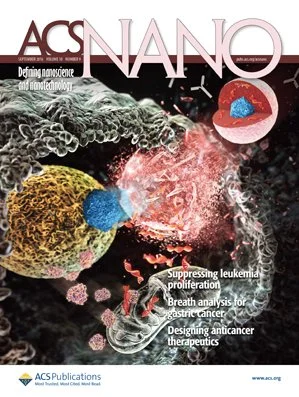
Algorithm for Designing Nanoscale Supramolecular Therapeutics with Increased Anticancer Efficacy
-
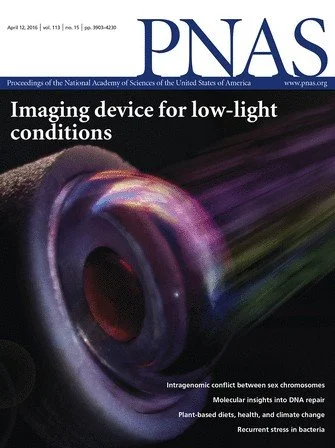
Reporter nanoparticle that monitors its anticancer efficacy in real time
-
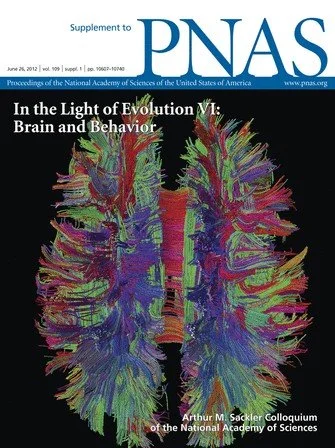
A cholesterol-tethered platinum ii-based supramolecular nanoparticle increases antitumor efficacy and reduces nephrotoxicity
-
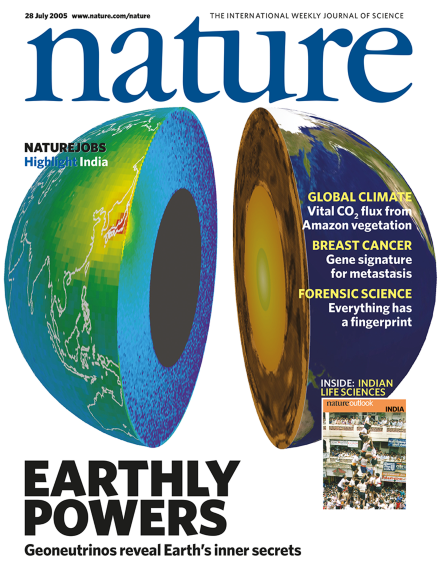
Temporal targeting of tumour cells and neovasculature with a nanoscale delivery system

